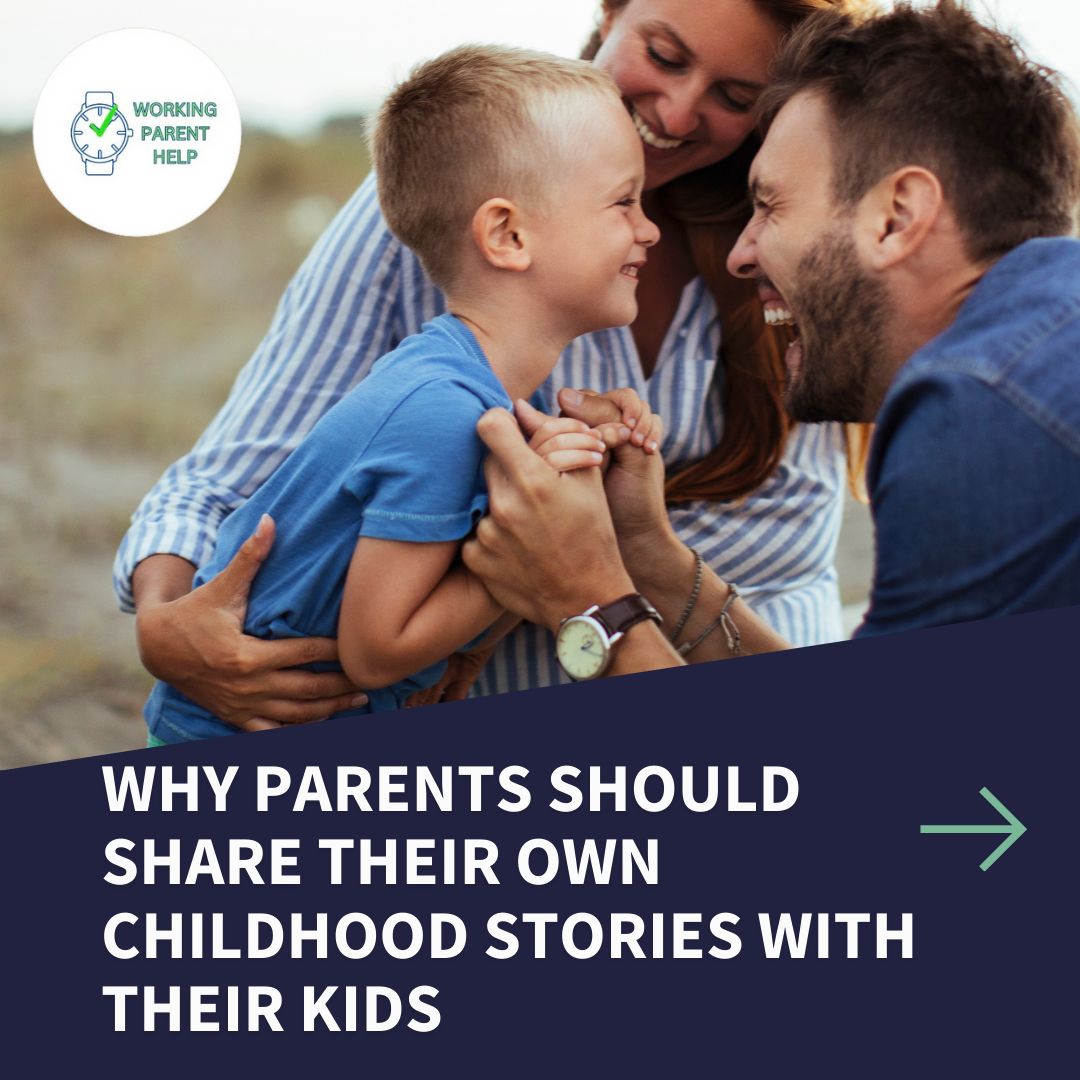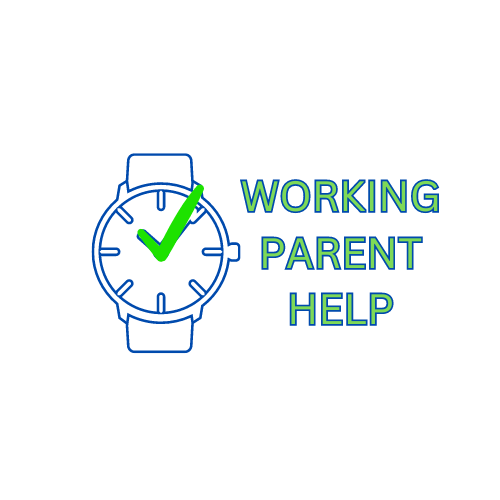
Why Parents Should Share Their Own Childhood Stories with Their Kids
Let’s be honest—between afterschool activities, dinner duty, and figuring out if that science project is due tomorrow or next week, it’s easy for conversations with our kids to boil down to:
“Put on your shoes.”
“Eat your broccoli.”
“Stop licking your brother.”
But hidden between those everyday commands is a golden opportunity that many parents overlook—sharing your childhood stories. Yes, your stories—the ones that make you cringe, laugh, and question how you survived without GPS or an app to warm your chicken nuggets.
Not only is storytelling a beautiful bonding tool, but it’s also a chance to teach, connect, and even sneak in some values (while they’re distracted by your tale of eating a worm on a dare). Let’s break down why your back-in-my-day moments are more important than ever.
1. It Builds a Stronger Connection
When you share your childhood stories, you’re letting your child peek into your real world—not the one where you're yelling about laundry or balancing a soccer game and PTA meeting. It reminds them that you were once their age, navigating friendships, fears, and flip phones.
And trust us, you’ll seem way cooler when they realize you once skateboarded off a roof just to impress someone named Jamie.
👩👧 Real talk: Kids connect more with people, not lectures. Your stories make you human—flawed, funny, and relatable.
2. It Teaches Valuable Life Lessons (Disguised as Entertainment)
You know that time you failed your spelling test because you were too busy watching cartoons? Or when you stood up to a bully in third grade? These stories are mini life lessons in disguise.
Instead of repeating, “You need to study!” on a loop, tell them the tale of how skipping homework led you to eat lunch in the principal’s office—with a tuna sandwich that smelled like regret.
You’re not just sharing memories. You’re passing on wisdom in a way that sticks.
🥣 Pro Tip: Storytime pairs beautifully with a cozy dinner. Keep meals warm and ready with the ThermoBento Insulated Food Storage Box so you can share your stories and your spaghetti without interruptions.
3. It Encourages Open Communication
The more you open up, the more your kids will feel safe doing the same. When your child hears that you once lied about brushing your teeth (and paid dearly at the dentist), they’re more likely to fess up about their own small missteps.
It creates a judgment-free zone, where feelings and failures are just part of being human—not reasons to panic or punish.
So when they confess to "accidentally" deleting your work spreadsheet while trying to Google “fart sounds”… you’ll take a deep breath (and maybe cry later, privately).
4. It Puts Today’s Challenges into Perspective
If your kids think their lives are hard, just wait until you tell them about dial-up internet, blockbuster late fees, and the trauma of accidentally recording over your favorite VHS tape.
These stories don’t just entertain—they ground kids in reality. They help them understand that struggles are universal, challenges come and go, and their very dramatic middle school drama will eventually become hilarious anecdotes.
And let’s face it, telling them you survived a family road trip with no iPad is the ultimate mic drop.
🥣 Want your cereal stories to stay fresh? Store the snacks and stories in perfect condition with the StoreMate 8pcs Airtight Cereal Storage Containers (with Labels!). Because no one wants stale Cheerios or storytelling.
5. It Strengthens Family Traditions
Sharing stories can spark something magical: the start of a family storytelling tradition. Maybe it’s Friday night at the dinner table or while waiting in the school pickup line. These become rituals that your kids will one day pass down to their own families.
Plus, you’ll never run out of content. From that time your mom cut your bangs too short, to the year you dressed as a giant pencil for Halloween—it’s all fair game.
And yes, they will roll their eyes. But deep down, they’ll remember these moments forever.
It’s Not About Being Perfect. It’s About Being Present.
Your kids don’t need a flawless superhero parent. They need a real one—who messed up sometimes, learned, laughed, and kept going. Your stories show that mistakes aren’t the end of the world. They're chapters in a bigger, beautiful book.
So next time you’re cleaning up the fifth spilled juice box of the day, take a moment and say, “Did I ever tell you about the time I tried to microwave a Pop-Tart in aluminum foil?”
Trust me. You’ll both laugh. You’ll both learn. And you’ll both feel a little closer.
